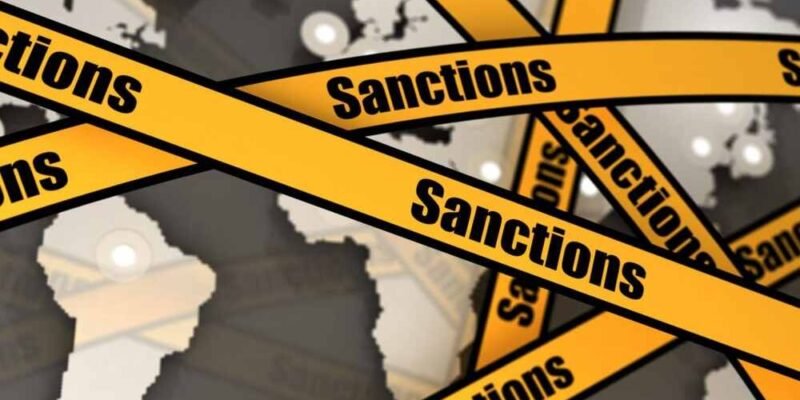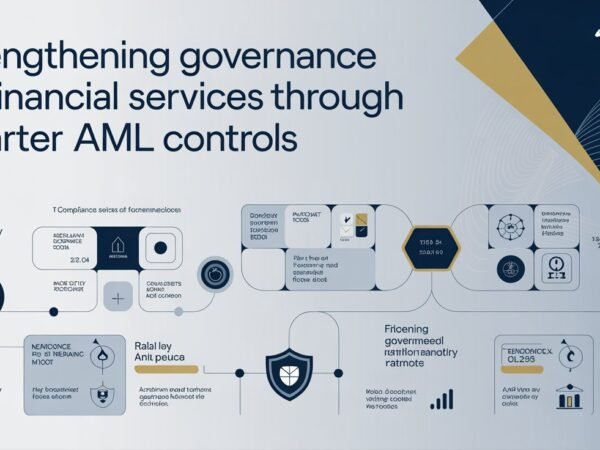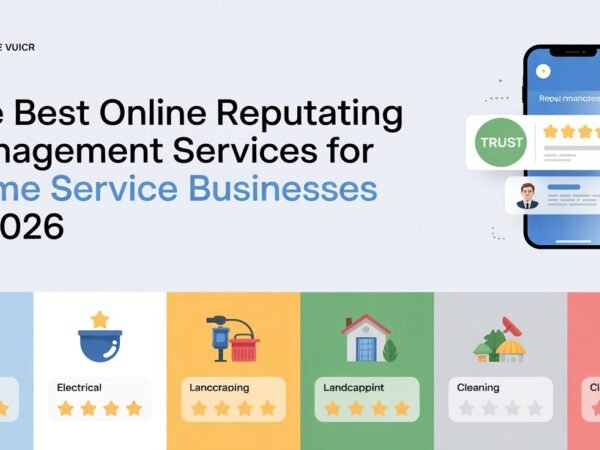Introduction: Sanctions Compliance Is No Longer Optional
As financial crime becomes increasingly sophisticated and international, businesses across all sectors, especially those in finance, fintech, and cross-border trade, face mounting pressure to remain compliant with global sanctions regulations. Governments and international organizations constantly update sanctions lists to combat terrorism, money laundering, corruption, and human rights violations.
To meet these demands, companies are turning to sanction screening services, which are essential tools that help detect, prevent, and report high-risk transactions involving individuals or entities that are subject to sanctions.
In this article, we’ll explore what sanction screening is, why it’s vital, how it works, and the best practices for implementing it across various industries.
What Is Sanction Screening?
Sanction screening is the process of checking individuals, companies, and transactions against national and international sanctions lists. These lists are published by authorities such as:
- Office of Foreign Assets Control (OFAC – USA)
- European Union (EU)
- United Nations Security Council (UNSC)
- Financial Crimes Enforcement Network (FinCEN)
- HM Treasury (UK)
- Local regulatory bodies in specific countries
The goal is to prevent sanctioned parties from accessing financial services, conducting business, or engaging in money laundering.
Modern sanction screening services use automated systems that scan databases in real-time to detect potential matches and flag suspicious activity for review.
Why Sanction Screening Matters
Failure to comply with sanctions regulations can lead to:
- Hefty fines and legal penalties
- Blocked transactions or frozen assets
- Reputational damage
- Loss of business licenses or financial restrictions
Sanctions violations are not only regulatory issues, but they also pose severe financial and operational risks.
Who Needs Sanction Screening?
While traditionally associated with banks and financial institutions, sanction screening is now essential for a broader range of industries, including:
- Fintech and crypto exchanges
- Real estate and property development
- Legal and accounting firms
- Import/export and logistics companies
- E-commerce and global retail
- Healthcare and pharmaceuticals
Any business engaging with global customers, suppliers, or financial partners must have an effective sanctions screening service in place.
How Sanction Screening Services Work
List Aggregation
The platform collects and updates sanction lists from global authorities, sometimes from dozens or hundreds of sources, daily.
Name Matching
Customer names, entities, or transaction participants are compared to these lists using advanced matching algorithms, including:
- Fuzzy Matching
- Phonetic Matching
- Transliteration handling (for names in different scripts)
Risk Scoring
Potential matches are given a risk score based on accuracy, relevance, and context. Low-risk alerts may be auto-cleared, while high-risk ones require manual review.
Audit Trail and Reporting
The system maintains detailed logs of every match, decision, and resolution, which are critical for compliance audits.
Key Features to Look for in Sanction Screening Services
- Real-time list updates
- Coverage of global and local sanctions lists
- Advanced matching logic (to minimize false positives)
- AI/ML support for more intelligent decision-making
- Analytics dashboards and audit trail
- Data privacy and compliance (e.g., GDPR-ready)
- Easy integration via APIs into your existing workflow
Use Case: A Fintech Startup Avoids Costly Regulatory Penalties
A growing fintech company offering international remittances needed to comply with OFAC and EU sanctions while expanding into emerging markets. They implemented a real-time sanction screening service that integrated with their onboarding process and transaction engine.
Result:
- 100% sanctions compliance during onboarding
- Flagged and blocked three high-risk users within the first month
- Gained regulatory approval for further market expansion
- Built investor confidence through demonstrated risk controls
Best Practices for Sanction Screening Implementation
Screen Early and Often
Screen individuals and entities during onboarding, and continue screening throughout the business relationship, including every significant transaction.
Use a Risk-Based Approach
Prioritize screening based on customer risk profiles, geography, and transaction volume. This ensures efficient use of compliance resources.
Minimize False Positives
Work with a provider that offers intelligent name-matching and contextual analysis to reduce noise and speed up review times.
Train Your Compliance Team
Ensure your compliance officers understand how to interpret matches and make informed decisions based on regulations.
Keep Records for Audits
Maintain clear logs of every screening event, including actions taken, to support regulatory audits and internal reviews.
Conclusion: Sanction Screening Is Your Frontline Defense
As financial crime evolves and global regulations become stricter, sanction screening services have moved from “nice-to-have” to “non-negotiable.” Whether you’re a bank, fintech startup, or cross-border e-commerce brand, these tools play a vital role in protecting your business from risk, maintaining compliance, and earning the trust of stakeholders.
FAQs
How often are sanction lists updated?
Some lists are updated daily or even hourly. A reliable service ensures you’re working with the most up-to-date data in real-time.
Are sanction screening services only for large companies?
No. Even small businesses working with global clients or payment processors are subject to sanctions compliance rules.
Can a customer be removed from a sanction list?
Yes, but only by the issuing authority. Screening tools should enable regular re-checking to keep customer statuses current.
Do Read: How PEP Check Services Mitigate Risk in Financial and Corporate Transactions













